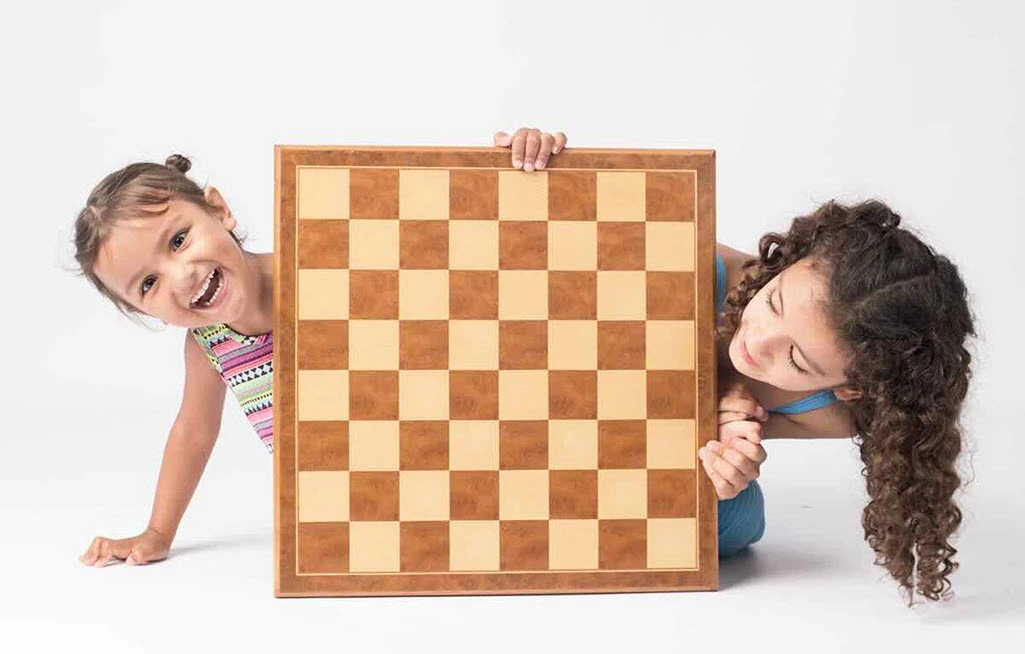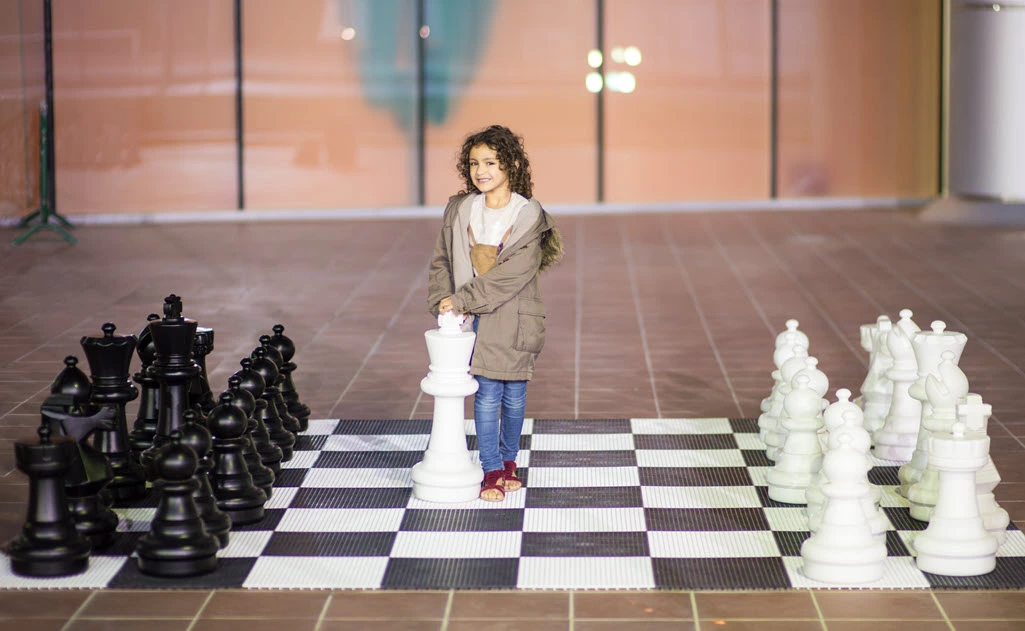Added on 8/31/2024

By David Llada
Chess is more than just a game; it's also a formidable education tool that develops multiple skills and helps us achieve our maximum potential. Parents and teachers are increasingly aware of how valuable is, and they often approach coaches or academies to ask the same question: What's the ideal age to teach chess to my children?
There isn’t a one-size-fits-all answer, but most of the world’s leading experts in this field agree on a few general points. Most kids are ready to learn between the ages of 6 and 8. If you are, let’s say, a school teacher, and you intend to teach chess to a group, eight years old is probably the age you should take as a reference. “The brain develops in stages, and most are ready for chess by then. It is not just a matter of cognitive ability but also behaviour”, explains John Foley, Director of ChessPlus.net and the London Chess Conference. “Children must be mature enough to sit down and concentrate for extended periods – they need patience. They must interact with the other children, to show respect and to accept defeat gracefully. They should not disrupt other players”.
If you are a parent, and you only want to teach your own kids, paying attention and seeing when they are ready is easier. Playing chess puts multiple skills to work, and each child develops those skills at their own pace. I recommend doing a little test: Is your kid already familiar with games played by turns? Good, now let’s test his spatial abilities: Does he understand what a diagonal is? Sit down with them to draw on a grid notebook, or even better: find a tiled floor and have some fun walking on it following a specific pattern, like ‘one step straight – one step in diagonal’. Kids love doing that, and before you realise it, they will be jumping around like Knights.
“It depends on what you mean with teaching a child chess”, says Jesper Hall, Chairman of the Education Commission for the European Chess Union. “Chess with all its rules is quite difficult, not the least when it comes to checkmate and stalemate. If you mean introducing the game, having fun with the board and the pieces, and slowly, step by step, bringing the child towards the full game through minigames and entertaining exercises, no doubt you can start at the age of five”.
Rita Atkins, a former Hungarian women’s chess champion who has been training chess tutors and teachers in chess and mathematics since 2018, shares with ICC a very similar opinion: “I would start teaching chess to children at the age of four, on a giant chessboard, where they can get to know the pieces by physical movement. The giant chessboard is a magical realm for children—a bridge connecting reality and imagination. Here, they master body control, find joy in synchronising their movements with others, explore various rhythms, orient themselves in space and time, enhance bilateral coordination, and intuitively grasp the pieces’ movements and the chessboard’s coordinates”.
One of the world's leading and most sought-after experts in chess, Leontxo García, who has interviewed countless other experts over the years, always stresses the importance of distinguishing between “competitive chess” and “chess as an educational tool”. “If we are talking about educational chess, from the age of 2, you can work on seriation and classification, and from the age of 3 (combined with music and dance on a giant floorboard), psychomotricity, attention, concentration, memory, elementary geometry, respect for the rules and the opponent, control of the first impulse.”
As I do in my book Chess for Parents and Educators (2017), all these experts agree on delaying the moment when we sit kids at the chess board with all the 32 pieces on it. As eager and excited as they are to feel like “commanders of their own little army”, it takes some time before a child is ready to play a full-fledged chess game. The game is relatively complex, and they can easily feel lost, confused, and frustrated. So, don’t go too fast: remember that the worst possible outcome is that the child concludes that ‘chess is boring. As Jesper Hall pointed out, “that might destroy a future interest”.
